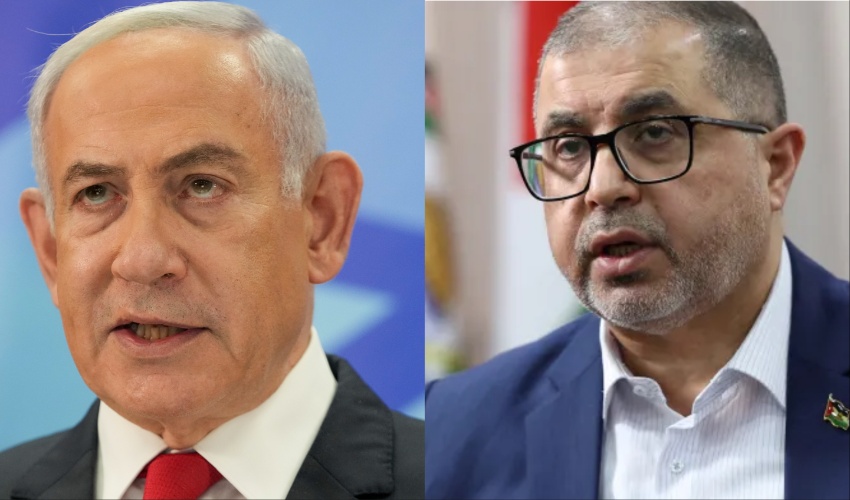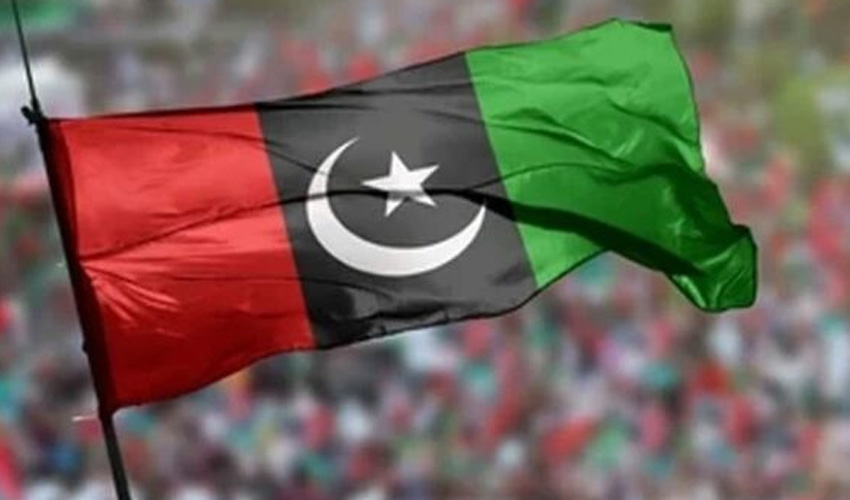Israel has announced a delay in the planned release of hundreds of Palestinian prisoners, further straining the fragile ceasefire agreement with Hamas.
The decision, announced early Sunday, has triggered fresh accusations from the Palestinian group, which says Israeli Prime Minister Benjamin Netanyahu is deliberately sabotaging the truce deal to resume military operations in Gaza.
Prisoner release stalled amid accusations
The Israeli government was scheduled to free 620 Palestinian detainees on Saturday as part of a hostage exchange deal. However, Netanyahu's office stated that the release would only proceed once Hamas met Israel’s conditions, including an assurance that no more hostages would be paraded in public ceremonies.
Israel condemned Hamas for its handling of previous hostage releases, accusing the group of violating international law by forcing captives to appear before crowds. Hamas, in turn, defended these events, calling them a "solemn show of Palestinian unity."
The delay has heightened tensions between the two sides, with Hamas spokesperson Abdul Latif Al-Qanou accusing Israel of repeatedly violating the ceasefire. “Over 100 Palestinians have been killed in the first phase, humanitarian aid has been restricted, and the agreed-upon Israeli withdrawal from the Netzarim Corridor has not taken place,” he said.
Despite these accusations, Israel insists that Hamas is responsible for breaches of the agreement. Israeli officials have accused the group of failing to release hostages as per the agreed timeline.
Ceasefire in jeopardy as phase 2 approaches
The first phase of the ceasefire, which began on January 19, was intended to facilitate the exchange of hostages and prisoners, the withdrawal of Israeli troops from parts of Gaza, and the delivery of humanitarian aid. The second phase, scheduled to begin on March 1, is expected to secure the release of all remaining Israeli captives and lead to a permanent ceasefire.
However, Netanyahu has yet to approve the transition to phase two, raising doubts about his commitment to the agreement. Reports suggest he has appointed Strategic Affairs Minister Ron Dermer—a close confidant—to lead negotiations, a move analysts say indicates his reluctance to move forward.
Alon Pinkas, a former Israeli diplomat, told Al Jazeera that Netanyahu is "not interested in phase two" because it would require Israeli troop withdrawals from Gaza. “The ceasefire will shift from a temporary pause in fighting to an official end to the war, which Netanyahu does not support,” he said.
The Israeli prime minister has consistently voiced his commitment to continuing military operations against Hamas, insisting that the war will not end until the group’s military and governing capabilities are destroyed.
Humanitarian crisis deepens
Meanwhile, conditions in Gaza continue to deteriorate. The enclave has been reduced to rubble after 15 months of relentless Israeli bombardment. More than 90% of Gaza’s 2.4 million residents have been displaced, and the humanitarian situation remains dire, with food, medical supplies, and shelter in short supply.
Palestinian health authorities report that Israel’s military campaign has killed at least 48,319 people, with over 13,000 missing under the debris. As part of the ceasefire agreement, Israel had pledged to allow 60,000 mobile homes and 200,000 tents into Gaza, but those commitments remain largely unfulfilled.
Hamas has signaled its willingness to step back from governing Gaza if a Palestinian unity government or technocratic administration can be established. The group’s leadership has reiterated that the ceasefire is an opportunity to negotiate a long-term political solution, but Netanyahu’s government remains divided on the issue.
Uncertain future as truce nears expiry
With the ceasefire’s first phase set to expire on March 1, uncertainty looms over whether negotiations will progress or if Israel will resume its offensive.
Protests have erupted in Tel Aviv, with families of Israeli captives demanding that Netanyahu honor the deal to secure their release. However, factions within the Israeli government and military are pushing for a return to war, arguing that a permanent ceasefire would allow Hamas to regroup.
Hamas and its mediators in Qatar and Egypt remain committed to the truce, but Israeli hesitation threatens to collapse the agreement. “If the Israeli government refuses to move forward with phase two, it will be clear that Netanyahu is using this ceasefire as a tactical pause rather than a genuine step toward peace,” said political analyst Xavier Abu Eid.
As the March 1 deadline nears, all eyes are on Netanyahu. Will he uphold the ceasefire agreement or bow to political pressure for renewed war? The coming days will determine whether Gaza sees a lasting truce—or another round of destruction.



























